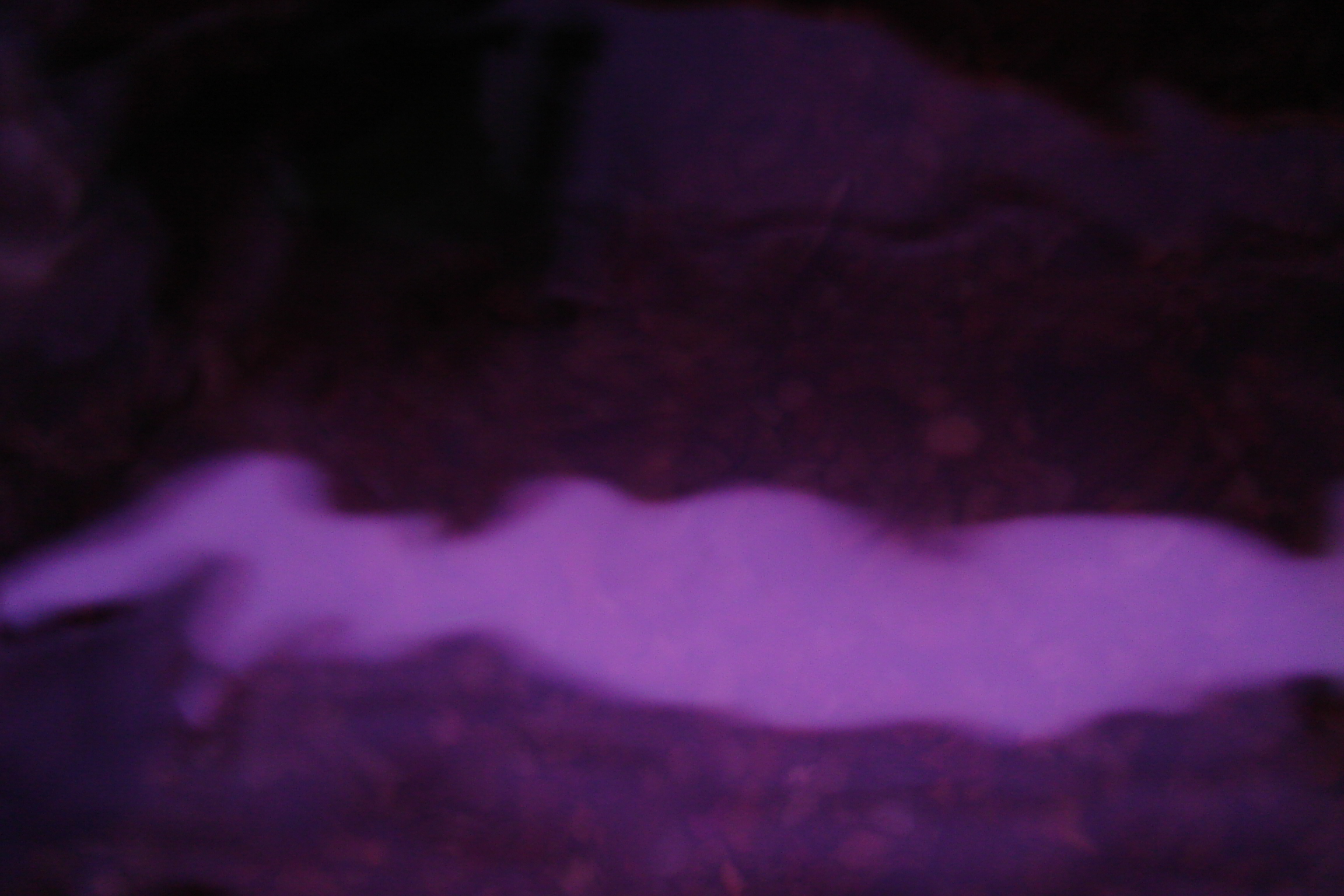Incident Report on Memory Leak Caused
페이지 정보
작성자 Jenny Bower 작성일25-11-14 10:05 조회4회 댓글0건관련링크
본문
Last Friday, Tavis Ormandy from Google’s Venture Zero contacted Cloudflare to report a safety problem with our edge servers. He was seeing corrupted net pages being returned by some HTTP requests run through Cloudflare. It turned out that in some unusual circumstances, which I’ll element beneath, our edge servers were running past the tip of a buffer and returning memory that contained personal data equivalent to HTTP cookies, authentication tokens, HTTP Submit our bodies, and different sensitive information. And some of that information had been cached by search engines like google and yahoo. For the avoidance of doubt, Cloudflare buyer SSL personal keys were not leaked. Cloudflare has all the time terminated SSL connections via an isolated occasion of NGINX that was not affected by this bug. We shortly recognized the problem and turned off three minor Cloudflare features (email obfuscation, Server-facet Excludes and Computerized HTTPS Rewrites) that were all utilizing the same HTML parser chain that was inflicting the leakage. At that time it was no longer possible for memory to be returned in an HTTP response.
Because of the seriousness of such a bug, a cross-purposeful group from software engineering, infosec and operations formed in San Francisco and London to fully perceive the underlying cause, to know the effect of the memory leakage, and to work with Google and other search engines like google to remove any cached HTTP responses. Having a world staff meant that, at 12 hour intervals, work was handed over between places of work enabling workers to work on the issue 24 hours a day. The group has worked continuously to ensure that this bug and its consequences are totally dealt with. Considered one of some great benefits of being a service is that bugs can go from reported to mounted in minutes to hours instead of months. The trade customary time allowed to deploy a fix for a bug like this is normally three months; we have been fully completed globally in beneath 7 hours with an preliminary mitigation in 47 minutes.

The bug was serious as a result of the leaked memory may comprise non-public data and because it had been cached by search engines like google and Memory Wave yahoo. Now we have additionally not found any evidence of malicious exploits of the bug or other stories of its existence. The greatest interval of influence was from February 13 and Memory Wave Protocol February 18 with round 1 in every 3,300,000 HTTP requests via Cloudflare probably leading to memory leakage (that’s about 0.00003% of requests). We are grateful that it was found by one of many world’s prime safety analysis teams and reported to us. This blog submit is slightly long however, as is our tradition, we choose to be open and technically detailed about problems that occur with our service. Many of Cloudflare’s providers depend on parsing and modifying HTML pages as they cross through our edge servers. For example, we are able to insert the Google Analytics tag, safely rewrite http:// hyperlinks to https://, exclude elements of a page from dangerous bots, obfuscate e-mail addresses, enable AMP, and more by modifying the HTML of a page.
To switch the web page, we have to read and parse the HTML to find elements that need altering. Since the very early days of Cloudflare, we’ve used a parser written utilizing Ragel. A single .rl file contains an HTML parser used for all of the on-the-fly HTML modifications that Cloudflare performs. A few 12 months ago we determined that the Ragel-based parser had become too complex to keep up and we started to jot down a brand new parser, named cf-html, to replace it. This streaming parser works correctly with HTML5 and is far, a lot quicker and easier to take care of. We first used this new parser for the Automatic HTTP Rewrites function and have been slowly migrating functionality that uses the outdated Ragel parser to cf-html. Each cf-html and the previous Ragel parser are carried out as NGINX modules compiled into our NGINX builds. These NGINX filter modules parse buffers (blocks of Memory Wave Protocol) containing HTML responses, make modifications as crucial, and pass the buffers onto the next filter.
For the avoidance of doubt: the bug will not be in Ragel itself. 39;s use of Ragel. This is our bug and never the fault of Ragel. It turned out that the underlying bug that brought about the memory leak had been current in our Ragel-primarily based parser for many years however no memory was leaked due to the way in which the inner NGINX buffers had been used. Introducing cf-html subtly changed the buffering which enabled the leakage even though there have been no problems in cf-html itself. Once we knew that the bug was being brought on by the activation of cf-html (however before we knew why) we disabled the three features that induced it for use. Every characteristic Cloudflare ships has a corresponding function flag, which we call a ‘global kill’. We activated the e-mail Obfuscation world kill forty seven minutes after receiving particulars of the problem and the Automated HTTPS Rewrites international kill 3h05m later.
댓글목록
등록된 댓글이 없습니다.
